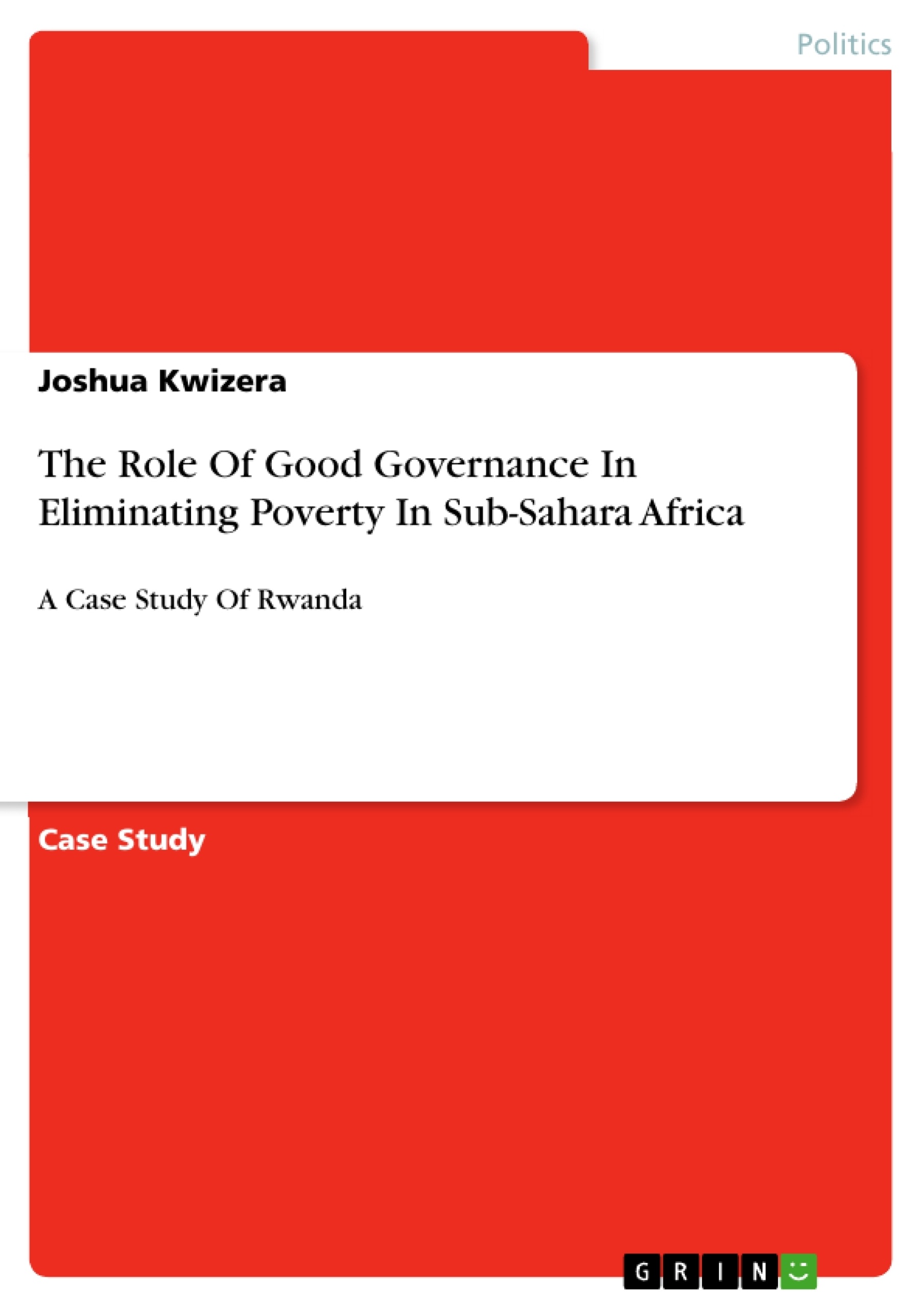African continent has for several decades been considered the poorest continent in the world simply because the majority of children and adults suffer from extreme poverty. According to the global development report published by the guardian in 2016, Sub-Saharan Africa not only has the highest percentage of children living in extreme poverty (49%), it is home to the largest share of the world’s extremely poor children (51%). South Asia has the second highest share (36%).
Although many experts have indicated that sub-Sahara Africa in particular, is expected to reach a GDP of $29 trillion by 2050, there is little to indicate how this growth correlates with economic development. No matter how true these predictions might be, sub-Sahara Africa’s economic development is slower and the situation on ground don’t reflect whether this growth will soon give birth to economic development as exports argue. Sub-Sahara Africa is losing energetic labor force through economic migration that that has since 2013 become a serious social problem to Europe. [...]
The Role Of Good Governance In Eliminating Poverty In Sub-Sahara Africa
A Case Study Of Rwanda

Case Study , 2017 , 10 Pages
Autor:in: Joshua Kwizera (Author)
Excerpt & Details Look inside the ebook

